
ACER
ACER is a recognized international leader in the development and provision of high quality assessment and reporting tools and services for schools, universities, TAFE institutes and Registered Training Organizations, health professionals, employers, and governments in Australia and internationally.
Latest resources:
See more information and their website here: https://www.acer.org/au

ASER
The word aser means impact in Hindustani. If development programs are to lead to desired outcomes, their impact on the ground needs to be regularly assessed.ASER Centre seeks to use simple yet rigorous methods to generate evidence on scale on the outcomes of social sector programs. It also aims to strengthen the link between evidence and action by building the capacity of individuals and institutions to design, conduct, and understand assessments that focus on key outcome indicators.
Latest resources:
See more information and their website here: http://www.asercentre.org/

Global Partnership for Education (GPE)
The Global Partnership for Education provides expertise and financing to help lower-income countries build stronger learning assessment systems.
Latest resources:
- GPE’s support to regional networks on learning assessment
- Summative evaluation of GPE’s Assessment for Learning (A4L) initiative
- Analysis of National Learning Assessment Systems (ANLAS) Toolkit
See more information and their website here: https://www.globalpartnership.org/

IEA
IEA (International Association for the Evaluation of Educational Achievement) is an international cooperative of national research institutions, government research agencies, scholars, and analysts working to evaluate, understand, and improve education worldwide. IEA aims to help their members understand effective practices in education and develop evidence-based policies to improve education.
Latest resources:
- TIMSS 2019 International Results in Mathematics and Science
- Large-scale Assessments in Education Journal
See more information on IEA’s large-scale assessments in education here:
See more information about how IEA’s TIMSS assessment contributes to measuring global education goals:
![]()
OECD
The OECD’s work on education helps individuals and nations to identify and develop the knowledge and skills that drive better jobs and better lives, generate prosperity and promote social inclusion. OECD uses assessment to drive this work. One world renowned assessment tool developed by OECD is PISA-D. PISA for Development (PISA-D) has in recent years incorporated new features that aims to make the assessment more accessible and relevant to low- and middle-income countries. PISA measures 15-year-olds’ ability to use their reading, mathematics and science knowledge and skills to meet real-life challenges.
Latest resources:
- 21st-Century Readers – Developing Literacy Skills in a Digital World
- PISA for Development: Out-of-school assessment
See more information on OECD education measuring programmes here: https://www.oecd.org/education/
See more information on OECD’s PISA assessment here: https://www.oecd.org/pisa/

SAARC
SAARC has identified Education as an area of cooperation for work in the region of South Asia. SAARC is focused on improving the quality of education and increasing levels of literacy among children and youth in the region.
Latest resources:
- Meeting of the SAARC Ministers of Education/Higher Education preceded by the Meeting of the Senior Officials on Education
- Open and Distance Learning
See more information and their website here: https://www.saarc-sec.org/
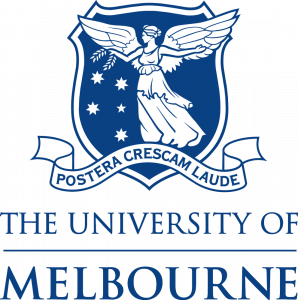
The University of Melbourne
The Assessment Research Centre (ARC) is an academic unit within the University of Melbourne, focused on improving assessment, reporting, teaching, training and commercialisation. The ARC focuses on valid assessment and recognition of complex competencies, and hard-to-assess learning.
Latest resources:
- Recognition of learning success for all
- Future-proofing students: What they need to know and how educators can assess and credential them
See more information on the ARC and the University of Melbourne here: https://education.unimelb.edu.au/arc

UNESCO
UNESCO is committed to ensuring effective and relevant learning for all have placed renewed attention on key drivers for improving learning contents, processes and outcomes. This requires a holistic and coherent approach to system alignment to ensure more relevant curriculum and pedagogy, more available and relevant teaching and learning materials, better teacher preparation and support, safe and inclusive learning environments, as well as greater robustness and inclusiveness in learning assessment. UNESCO’s assessment work helps to diagnose, measure and monitor skills and competencies while improving the learning outcomes of children, youth and adults in a range of domains.
Latest resources:
- Large-scale learning assessments in Asia-Pacific: a mapping of country policies and practices
- The promise of large-scale learning assessments: acknowledging limits to unlock opportunities
See more information and website here: https://en.unesco.org/
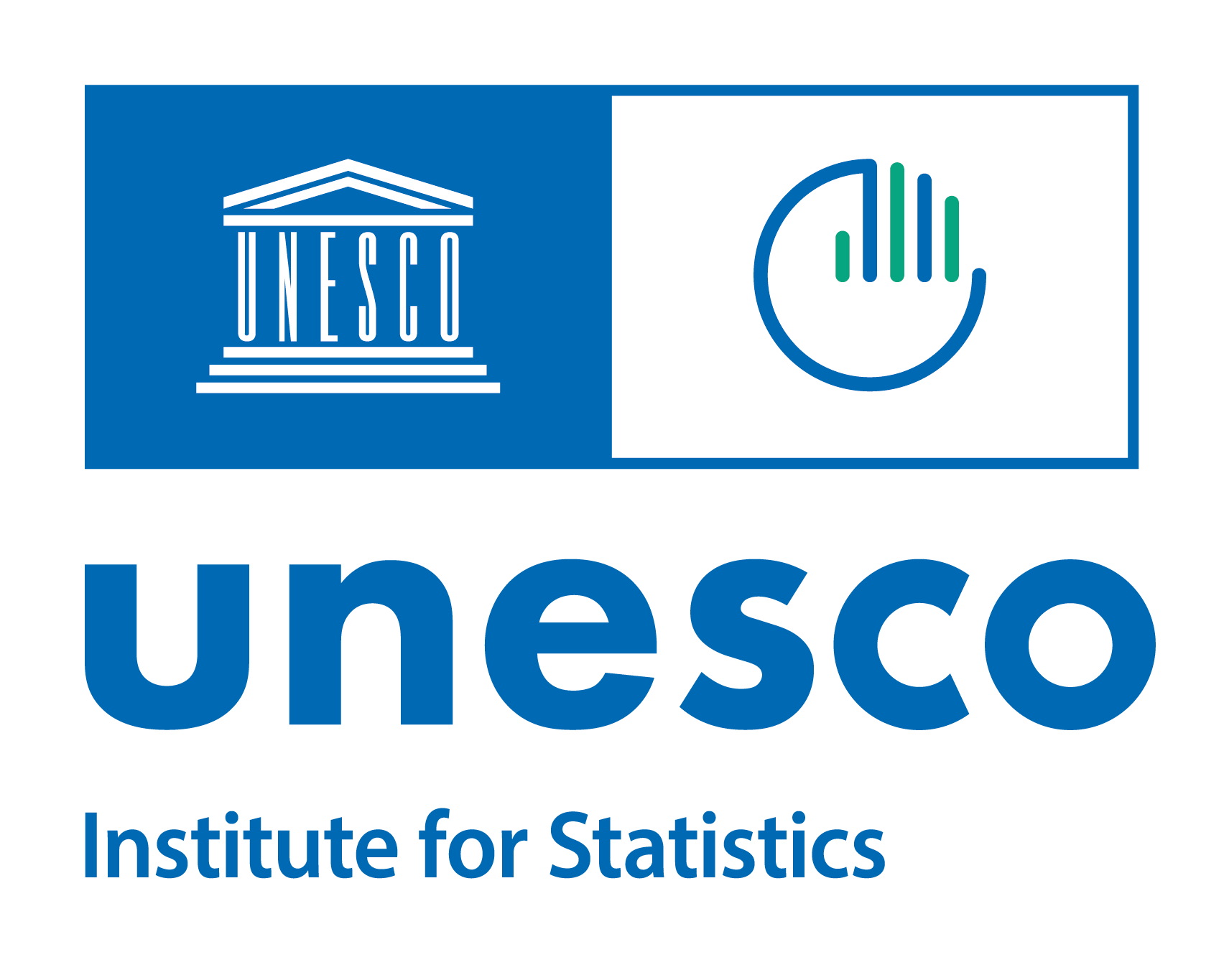
UNESCO Institute for Statistics
The UNESCO Institute for Statistics (UIS) Database on Learning Assessments is the only open data source to provide standardized information on public examinations and national learning assessments conducted around the world. It currently contains information for about 100 assessments and will be updated later this year.
Latest resources:
- Recommendations on Assessment Tools for Monitoring Digital Literacy within UNESCO’s Digital Literacy Global Framework
- Database of learning assessments
- Global Proficiency Framework (GPF) – Reading
- Global Proficiency Framework (GPF) – Mathematics
See more information on the UIS Database Learning Assessments here: http://uis.unesco.org/en/uis-learning-outcomes
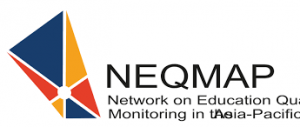
UNESCO Bangkok NEQMAP
The Network on Education Quality Monitoring in the Asia-Pacific (NEQMAP), established in March 2013 in Bangkok, Thailand, is a platform for exchange of knowledge, experience and expertise on the monitoring of educational quality in countries and jurisdictions of the Asia-Pacific region. The network focuses on student learning assessment as a key tool for monitoring education quality, while acknowledging the importance of maintaining strong linkages with other enablers of learning in classrooms including curriculum and pedagogy. UNESCO’s Asia and Pacific Regional Bureau for Education (UNESCO Bangkok) serves as the NEQMAP Secretariat.
Latest Resources:
- Will Digital Divide in Education Affect Alternative Assessments?
- Strengthening Competency-based Learning through Assessments
See more information on NEQMAP and their website here: https://neqmap.bangkok.unesco.org/
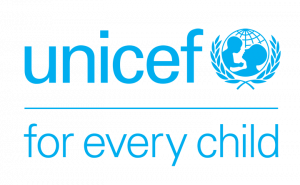
UNICEF
UNICEF is committed to improving education and provide quality learning for all children. Quality learning requires a safe, friendly environment, qualified and motivated teachers, and instruction in languages students can understand. It also requires that learning outcomes be monitored and feed back into instruction through quality assessment.
Latest resources:
- Southeast Asia primary learning metrics: Assessing the learning outcomes of grade 5 students
- Strengthening the national assessment system through the new National Achievement Survey improves assessment of children’s learning outcomes
See more information on UNICEF Education here: https://www.unicef.org/education

World Bank Group
The World Bank Group’s global education strategy is focused on “learning for all” and ensuring that all children can attend school and learn. They are committed to helping countries reach Sustainable Development Goal (SDG) 4, which calls for access to quality education and lifelong learning opportunities for all by 2030. The World Bank supports the development and use of assessment and data to measure, track, and ultimately improve learning. Through the SABER initiative, the World Bank produces comparative data on education policies, institutions, and quality of service delivery with the aim of helping countries systematically strengthen their education systems.
Latest resources:
See more information and the World Bank website here: https://www.worldbank.org/education/
Learn more about World Bank assessment and data measurement here: https://www.worldbank.org/education-data-measurement
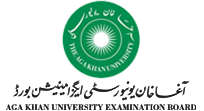
Aga Khan University Examination Board
The World Bank Group’s global education strategy is focused on “learning for all” and ensuring that all children can attend school and learn. They are committed to helping countries reach Sustainable Development Goal (SDG) 4, which calls for access to quality education and lifelong learning opportunities for all by 2030. The World Bank supports the development and use of assessment and data to measure, track, and ultimately improve learning. Through the SABER initiative, the World Bank produces comparative data on education policies, institutions, and quality of service delivery with the aim of helping countries systematically strengthen their education systems.
Latest resources:
See more information and the World Bank website here: https://www.worldbank.org/education/
Learn more about World Bank assessment and data measurement here: https://www.worldbank.org/education-data-measurement
 Afghanistan
Afghanistan Bangladesh
Bangladesh Bhutan
Bhutan India
India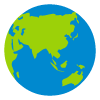
 Maldives
Maldives Nepal
Nepal Pakistan
Pakistan Sri Lanka
Sri Lanka


